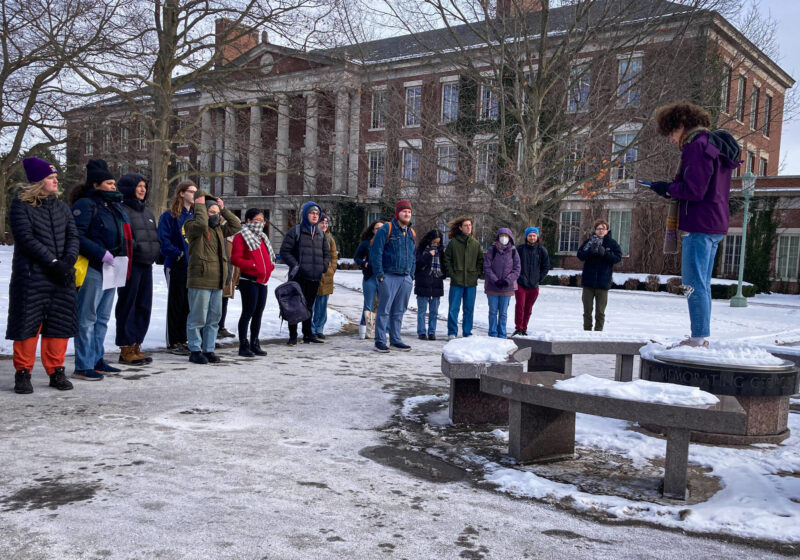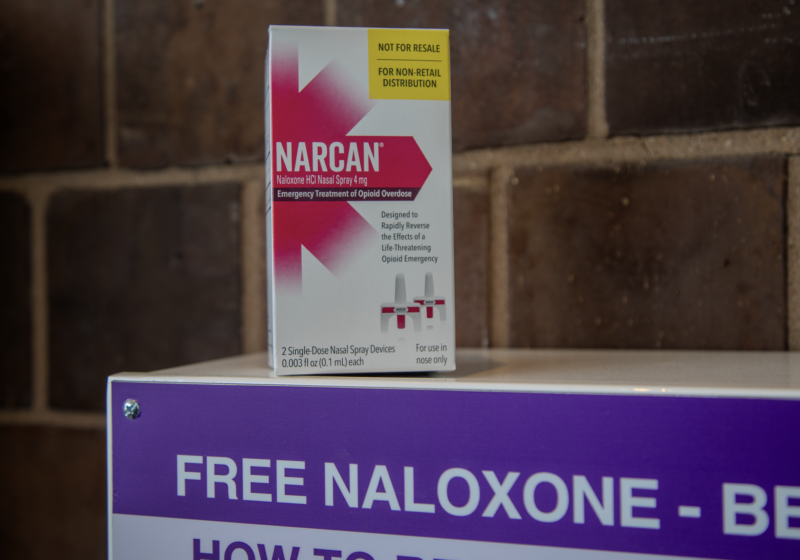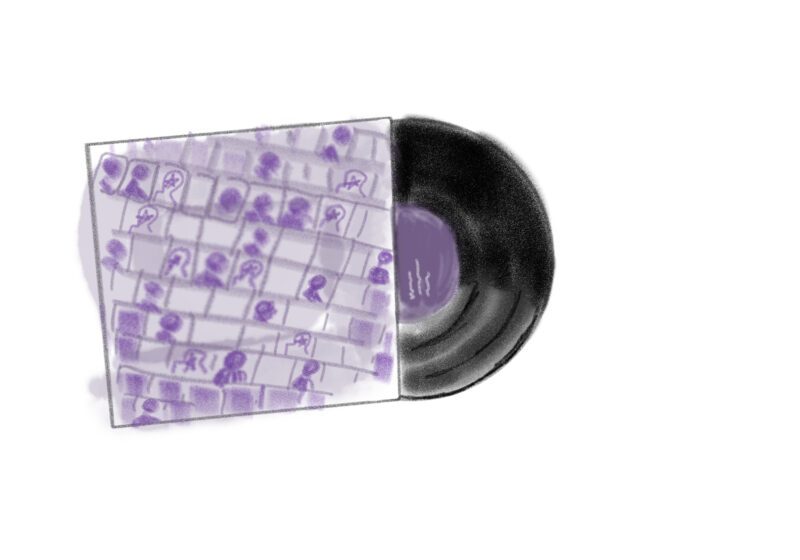Often when a national disaster strikes, blood donation becomes so popular that lines stretch out the doors and people may be turned away. Though the need for blood is not as visible now as it is during a large-scale crisis, it still exists.
A year and a half ago, the nation was mobilized by a desire to help in any way possible. The Red Cross made aiding victims of September 11 something that any American could do easily. Rare as it is, blood drive turnouts made front page news across the nation.
Additional publicity raised awareness and encouraged more donors. Though the publicity has died down, the need remains and the Red Cross still makes blood donation easy.
The American Red Cross blood drive being held this week at UR should be supported. According to Red Cross representatives, only 100 people had donated to the current drive as of Wednesday afternoon. To put this in perspective, 100 units of blood is only enough for one liver transplant.
At a time when blood supplies are at 20 percent of capacity, donations are needed as much as they have ever been.
The American Red Cross for New England lists supplies of four of eight blood types — O+, A+, O- and B- — as being extremely low, meaning that hospitals receive blood of these types for immediate transfusion and emergency use only.
Three more types — B+, A- and AB- — are stocked to the critical level, but only one type — AB+ — at the optimal level.
It is imperative that the UR community consider the positive consequences of blood donation.
For most people, giving blood is an easy and relatively painless thing to do, especially when compared to the value of the lives saved and the personal satisfaction gained. An hour of personal discomfort can do a lot of good — plain and simple.
Head to the May Room today or tomorrow between noon and 5 p.m. and save a life.




